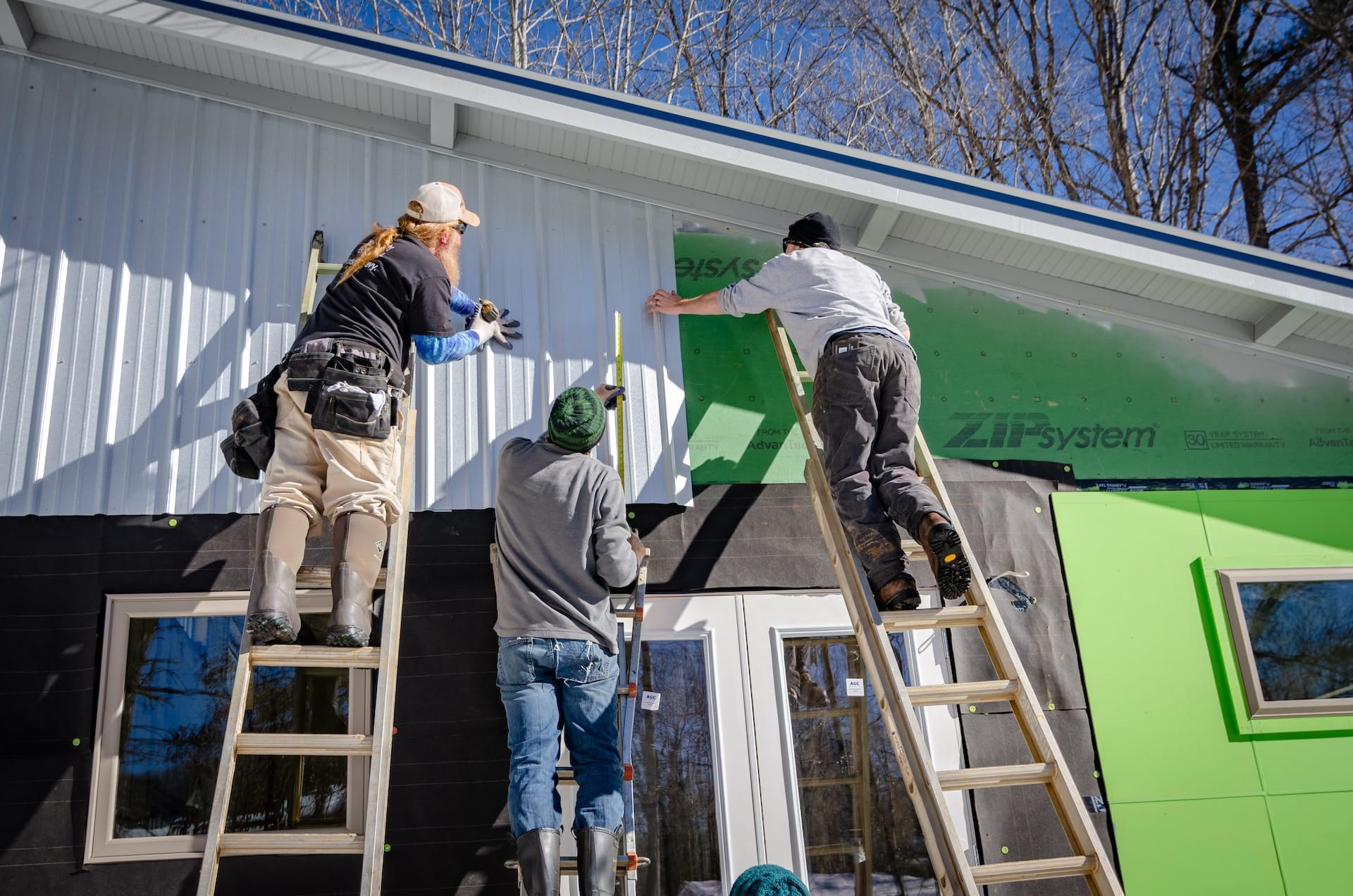In the construction world, builder’s liens are an invaluable safeguard that can protect the rights and interests of suppliers, contractors, and subcontractors. These legal instruments, often called construction liens or mechanics’ liens, provide a means to secure payment for the work, services and resources invested into a project. However, if a builder’s lien contains a mistake, it may not be considered valid and can result in costly repercussions. From delayed payments to litigation, a simple error on a builder’s lien can snowball into a significant problem.
The Supreme Court of British Columbia recently explored the process for determining a lien’s validity when it contains a mistake and highlights the pitfalls that can arise when a lien is not executed with precision and accuracy.
Subcontractor files Claim of Builders Lien
In Orbital Construction Inc. v. Hansen, the defendants contracted with Barbato Development Group Inc. (“Barbato”) to complete renovations to their property. Barbato subcontracted with the plaintiff, Orbital Construction Inc. (“Orbital”), to perform drywall work and mudding. The renovations were completed by September 19, 2020.
However, on October 9, 2020, Orbital filed a Claim of Builders Lien against the defendants’ property under the Builders Lien Act, asserting that the sum of $7380 was due and owing to Orbital Construction Inc.
Days later, one of the defendants, Mr. Hansen, paid Barbato the final payment on October 23, 2020, without knowledge of Orbital’s lien claim.
Property owner identified as party who “engaged lien claimant”
In the Claim of Builders Lien, Orbital identified Mr. Hansen as the “person who engaged the lien claimant” and claimed that it supplied materials and performed work under a contract with him. Orbital sought a judgment for the unpaid amount due and owing under the agreement. In the Notice of Civil Claim, Orbital alleged that it invoiced Barbato for its work but had not received payment despite its demands.
In response to this claim, Mr. Hansen, his wife, and Barbato (collectively, the “defendants”) denied the existence of a contract for the supply of materials or labour to the Hansen property. Further, they claimed Orbital was never engaged to perform work or supply materials by any of the defendants.
On April 23, 2021, a Certificate of Pending Litigation was filed against the Hansens’ property and was subsequently registered with the Land Title and Service Authority of B.C. for enforcement.
Amended Notice of Civil Claim filed
On October 4, 2022, Orbital filed an amended Notice of Civil Claim stating that the contract was between Orbital and Barbato and not between Orbital and Mr. Hansen. Orbital claimed that Barbato and Mr. Hansen were jointly and severally liable for the outstanding payment.
The Supreme Court of British Columbia was asked to determine whether the mistakes made by Orbital on its Claim of Builders Lien warranted extinguishing the lien under section 22 of the Builders Lien Act. The critical issue was to determine whether Orbital’s Claim of Builders Lien, which named Mr. Hansen instead of Barbato, still complied with the statutory requirements. The Court also noted that Orbital only named Mr. Hansen on the Claim of Builders Lien, while both Mr. and Mrs. Hansen owned the property.
Claim of Builders Lien extinguished under Builders Lien Act
The Court referred to the decision in Nita Lake Lodge Corp. v. Compact Systems (2004) Ltd. In that case, the property owner challenged a lien’s validity as it incorrectly identified the corporation that engaged the claimant. The decision resulted in a finding that the “failure of the lien claimant to describe the contracting parties was found to be fatal, and the lien claim was extinguished pursuant to s. 22.” The Court in Nita Lake Lodge Corp. also stated that the legislation should be “interpreted strictly because it creates a preference in favour of one creditor over another.”
The Court held that the lien in this instance was invalid, and the Claim of Builders Lien was extinguished as Orbital misnamed the party with which it contracted. Justice Armstrong stated that although the “law does not demand perfection” and permits “inconsequential deviations from the required form”, a deviation that misnamed the owner and contractor and “erroneously claims the owner is indebted for the full contract price” is not permitted.
Key takeaways for builder’s liens
Ensuring liens are free of mistakes can be a time-consuming and technical task, so it is best to work with an experienced construction lawyer to ensure that your liens are registered correctly to avoid costly mistakes.
The case of Orbital Construction v. Hansen acts as a reminder that the validity of a lien will be assessed by a court based on the degree to which it deviates from the statutory requirements. In cases where the liable party is misnamed on a lien, this is a substantial error which cannot be corrected. Further, this highlights that British Columbia law does not provide a statutory mechanism for saving a defective lien.
Contact Meridian Law Group in Vancouver for Trusted Advice Regarding Builder’s Liens
The team of experienced construction lawyers at Meridian Law Group understands the nuances and complex issues that can arise at any stage of a construction project. Regardless of whether a dispute arises during the tendering process, while services are being performed, or when collecting payment, our lawyers are ready to protect your interests and advocate on your behalf. We will explore all opportunities for early dispute settlement and will work hard to ensure that such issues and disputes do not cause further delays on a project.
At Meridian Law Group, we strive to provide our clients with exceptional legal services and comprehensive advice. Our offices are conveniently located in downtown Vancouver, and our firm proudly offers services to clients throughout the province. To schedule a consultation with a member of our construction law team, please call us at (604) 687-2277 or contact us online.


